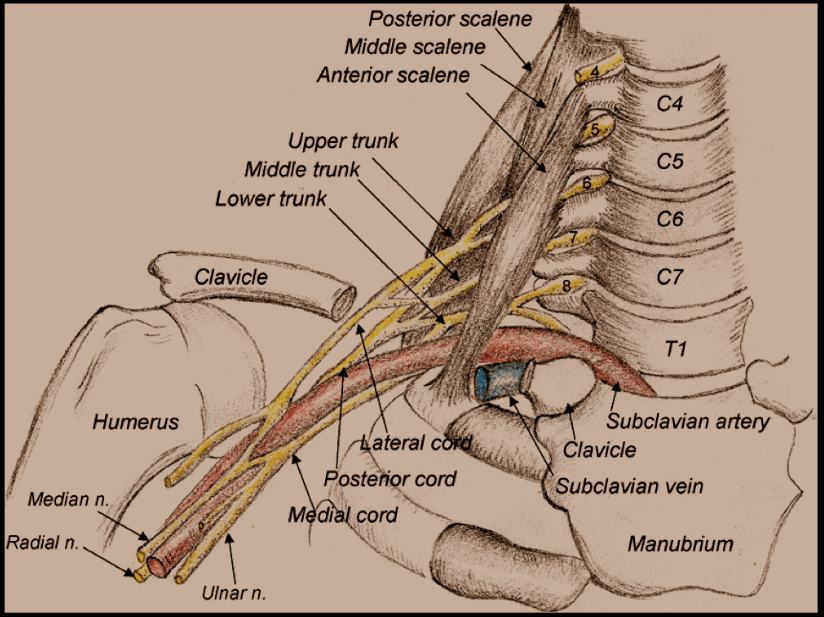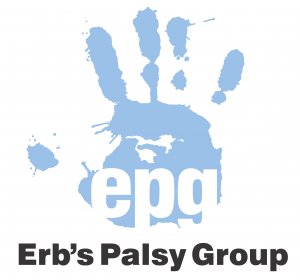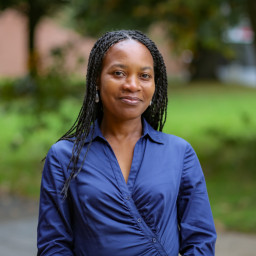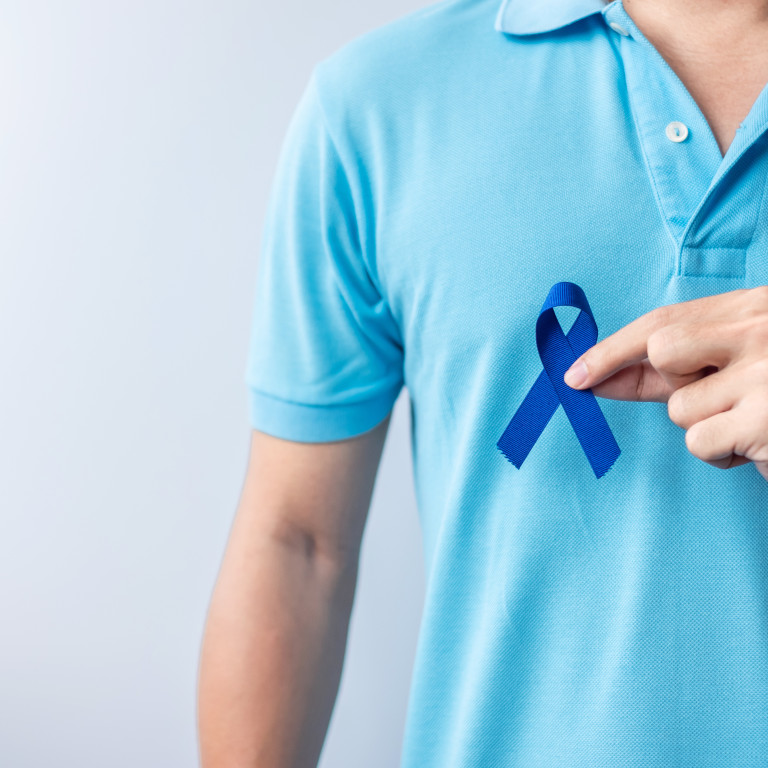An obstetric brachial plexus palsy injury can have a lifelong impact on many aspects of a child’s life.
A look into a powerful case study of Daisy’s story shows that there can be both physical and emotional effects as well as, potentially, an impact on the child’s future.
Physical
Daisy sustained damage to nerves C5, C6, and C7 in her right arm during her birth. Physiotherapy was started almost immediately after birth, followed by a nerve transfer operation and shoulder release procedure at age 5 months. Afterward, she was put in a plastic splint for 6 weeks, which held the arm at a right angle to her torso, making it difficult for her mum to wash and dress her.

Her mother recalls that Daisy cried a lot as a baby and did not sleep well. Daisy learned to sit but she never crawled as she couldn’t bear weight on her arms so she bum shuffled. She did not walk until she was 15 months old.
As she grew older Daisy fell over a lot. She struggled to dress herself, do up buttons and zips and to wash herself properly. She would take a long time to get ready in the mornings and to get ready for PE at school.
In her teens, Daisy still needed help doing her hair as she could not get her right hand to the back of her head. She also struggled to remove hair from under her arms. Daisy could not use a knife and fork so would “cut” up her food with a fork in her left hand and avoid ordering food she would struggle with, so she did not draw attention to herself.
With much encouragement from her family, Daisy developed a can do attitude and would find her own way to manage day to day difficulties. Daisy loved to help out in the kitchen but could not manage 2 handed activities like holding a mixing bowl and stirring the contents. She had poor grip in her right hand and reduced power in her arm so she had trouble opening jars and bottles; she could also not lift or carry anything heavy. Daisy had to ask her mum for help from time to time but she would adopt unusual positions to do everyday things.
After swimming around in circles for many lessons, Daisy eventually learned to swim but could not do the front crawl or the backstroke. She learned to ride a bike after she had the brakes switched round so, she could control them better with her left hand. She could not serve properly when learning to play tennis so would flick the ball as best she could with her right hand and hit it with her left.
Psychological
When Daisy’s violin teacher at school said she could not play the violin because of the limitations in her right arm and hand, Daisy was very upset. Her mum did not want Daisy to miss out so found the money somehow so Daisy could have private music lessons with a teacher who was more understanding.
It was when Daisy was trying on prom dresses in a shop for her school prom that she first noticed in the shop mirror how different her right shoulder blade was. She was really upset by this and instead of the fashionable strappy dress, Daisy chose a dress with a lacy bolero, to cover up her winging shoulder blade.
When Daisy struggled to put on make-up or ear-rings she would pretend she did not want to wear make-up or earrings that day. She would shrug off everyday frustrations like struggling to get money out of a wallet and not being able to receive change in a shop with her right hand.
She told her best friend that when she is alone, she gets angry with her arm, she hates the scars from her operation and thinks about hurting herself. With help from her best friend, Daisy has confided in her mum and this has led to her having some counselling to help her come to terms with the effects of her limitations.
Future career
Daisy will be sitting ‘A’ levels in Sciences and Maths next year. She should do well in her exams, but she worries that her limitations will prevent her from fulfilling her ambition to be a scientist.
To raise awareness of this condition and to support the Erb’s Palsy Group we are running a series of articles and videos to raise awareness of this devastating condition.
We have over 25 years’ experience in bringing clinical negligence claims for compensation on behalf of Claimant’s with Erb’s Palsy. We have developed a wealth of knowledge in relation to this condition.
For further advice please contact our specialists on 01392 207 020 at enquiries@tozers.co.uk or on our webiste.






